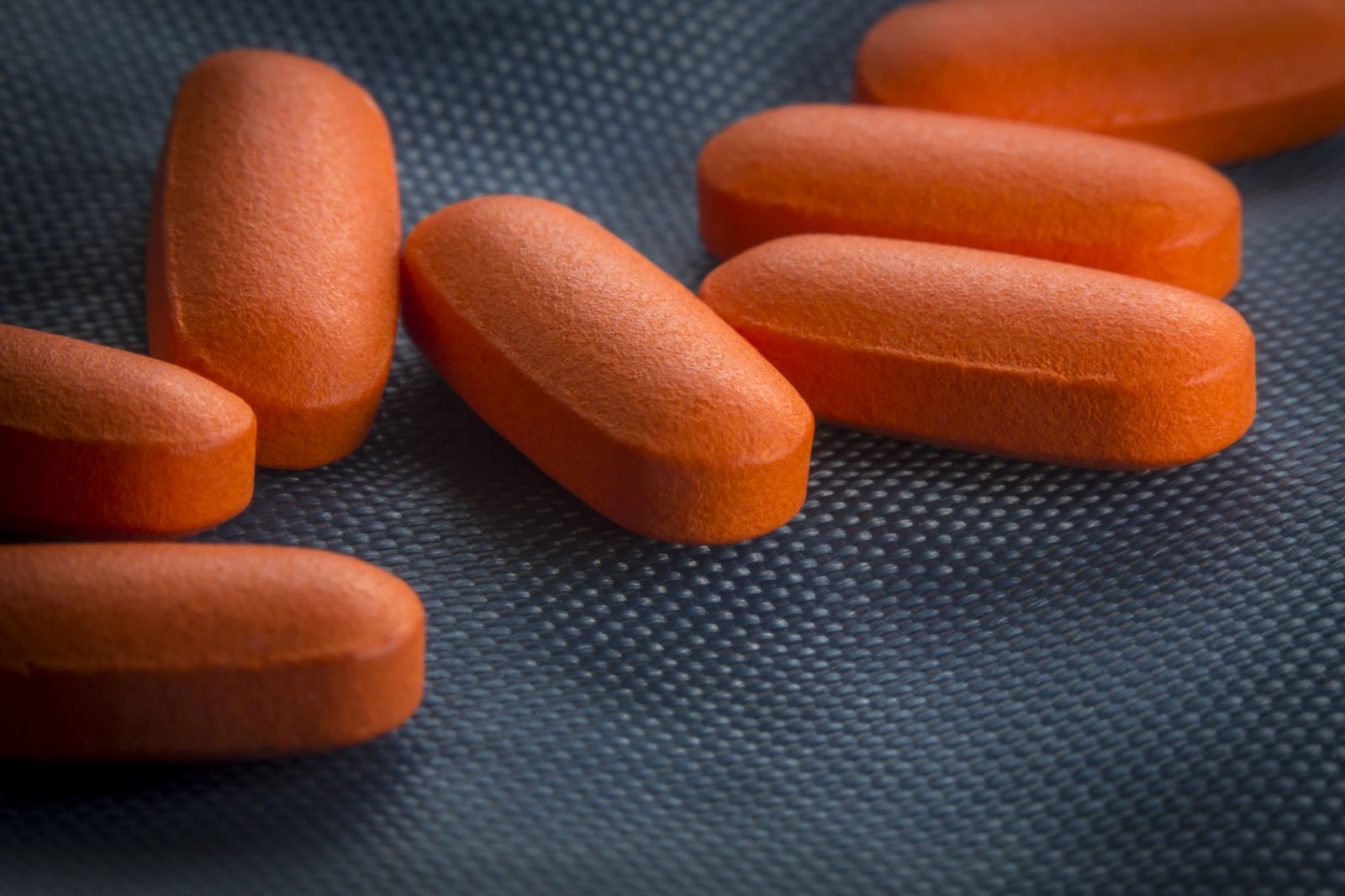
5 timeless habits for better health

What are the symptoms of prostate cancer?

Is your breakfast cereal healthy?

When pain signals an emergency: Symptoms you should never ignore

Does exercise give you energy?

Acupuncture for pain relief: How it works and what to expect

How to avoid jet lag: Tips for staying alert when you travel

Biofeedback therapy: How it works and how it can help relieve pain

Best vitamins and minerals for energy

Should you take probiotics with antibiotics?
Staying Healthy Archive
Articles
The dangers of the herb ephedra
After the death of Baltimore Orioles pitcher Steve Bechler more than 10 years ago, many questions arose about the safety of ephedra and the government's role in regulating the herb. Bechler died of heat stroke while taking ephedra, which occurs naturally in the Chinese herb ma huang. The speed-like drug contains the chemical ephedrine, an amphetamine-like compound closely related to adrenaline. Athletes and average people alike started taking ephedra when word started spreading about its ability to aid weight loss and increase energy and alertness.
But just because a supplement comes from natural sources doesn't make it safe. Ephedra can cause a quickened heartbeat and elevated blood pressure. Side effects include heart palpitations, nausea, and vomiting. More than 800 dangerous reactions have been reported with use of the herb. These include heart attacks, strokes, seizures, and sudden deaths. According to a study in the Annals of Internal Medicine, ephedra products make up only 1% of herbal supplement sales in the U.S., but they are responsible for 62% of herb-related reports to poison-control centers.
The secret to an easier allergy season
Fighting back against tiny allergens before they strike can help you avoid or reduce symptoms.
Image: iStock
The spring allergy season begins next month, and if you want to avoid symptoms, you must act now. "Pretreating allergies will lead to better control of symptoms, and maybe prevent symptoms from showing up," says Dr. Ahmad Sedaghat, an ear, nose, and throat specialist at Harvard-affiliated Massachusetts Eye and Ear Infirmary.
Automatic defenses
When spring allergens—typically pollen from oak, elm, birch, poplar, or maple trees, depending on where you live—float through the air and reach the nose, the body sometimes overreacts. Mast cells in the lining of the nose mistake the harmless tree particles for dangerous invaders, and summon help by releasing chemicals such as histamine and tryptase, which then recruit more immune system cells to the battle.
Follow medication instructions
It appears that adverse drug events that lead to visits to the emergency department are increasing among older adults.
New prescription? Talk to your pharmacist
A conversation with this health professional can help you avoid making harmful mistakes.
Image: wavebreakmedia/Thinkstock
When your pharmacist hands you your pills, he or she is likely to ask, "Any questions?" This is an invitation to tap into a vast store of knowledge—and one you should accept. A few minutes with your pharmacist may spare you some serious health consequences.
"People are often in the dark regarding the purpose of their medication," says Dr. Gordon Schiff, associate professor of medicine at Harvard Medical School. Although prescriptions come with a lengthy package insert containing detailed information about the drug, the information is often written in technical terms and printed in microscopic type. The lack of clear information and the confusion and misunderstandings that result figure into more than a million preventable medical complications annually.
Should I stand while I read?
Taking an hourly break from reading a book to walk around or listening to audiobooks while walking can provide the health benefits of book reading without incurring the health risks of prolonged sitting.
3 easy ways to boost your brain
Mind-bending puzzles aren't the only route to improving memory and reason. Activities that engage your emotions and senses may be even better.
Image: JDwow /Thinkstock
In the midst of promotions for commercial brain training programs to ward off age-related cognitive decline, a few studies are beginning to indicate that simple pleasures may be even more productive. You may find that doing one of the following is an easier and more rewarding way to boost your brain than doing computer-based exercises.
1. Care for a dog
2. Color a picture
It's little wonder that 12 million adult coloring books—based on topics ranging from endangered species to art nouveau designs—were sold in 2015. Crayon sales also jumped by $11 million. Creating art—even if it means coloring inside the lines—can be both stimulating and relaxing.
Moreover, according to a 2015 German study, actively creating art also improves spatial reasoning. The German researchers randomly assigned 28 retirees in their 60s to two groups, both of which met weekly for 10 weeks. One group took classes in which they drew, sculpted, or painted; the other went to museums and analyzed the art they viewed. Both groups underwent tests and brain MRI scans at the beginning and end of the study. The researchers determined that, compared with the people who analyzed art, those who created art had greater improvement in the ability to detect spatial relationships and more activity in the region of the brain responsible for spatial perception.
3.Play with a child
Are some painkillers safer for your heart than others?
Despite new research, the answer is unclear. Use caution when taking any pain medication on a routine basis.
Image: iStock
People with aching joints from arthritis—which affects nearly one in four adults—often rely on drugs known as NSAIDs to ease the pain of this often-debilitating condition. These popular medications also relieve headaches, cool fevers, and dampen inflammation. But with the exception of aspirin, most NSAIDs pose a risk to the cardiovascular system, notes Harvard professor Dr. Elliott Antman, a cardiologist at Brigham and Women's Hospital.
"Taking NSAIDs routinely over a long time period can raise the risk of blood clots, increase blood pressure, and accelerate cardiovascular disease," says Dr. Antman. While the danger is greatest in people with heart disease, it's also present in people without any signs of the disease.

5 timeless habits for better health

What are the symptoms of prostate cancer?

Is your breakfast cereal healthy?

When pain signals an emergency: Symptoms you should never ignore

Does exercise give you energy?

Acupuncture for pain relief: How it works and what to expect

How to avoid jet lag: Tips for staying alert when you travel

Biofeedback therapy: How it works and how it can help relieve pain

Best vitamins and minerals for energy

Should you take probiotics with antibiotics?
Free Healthbeat Signup
Get the latest in health news delivered to your inbox!
Sign Up










